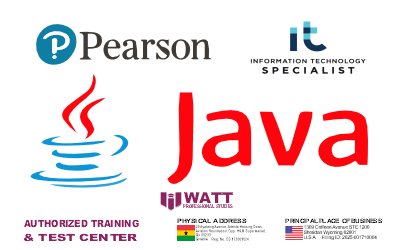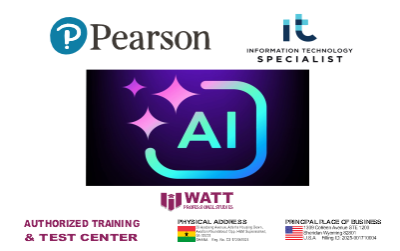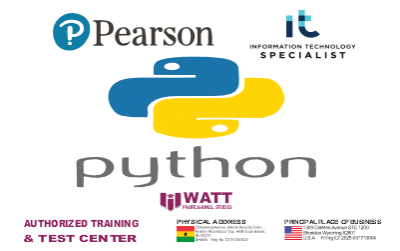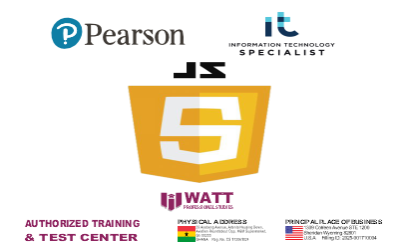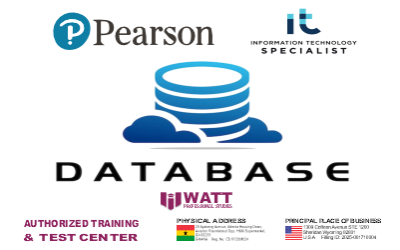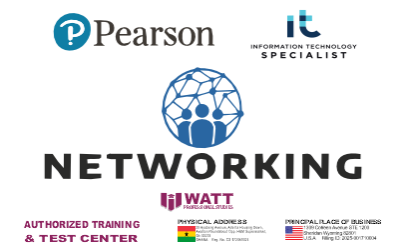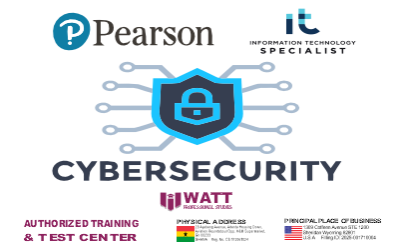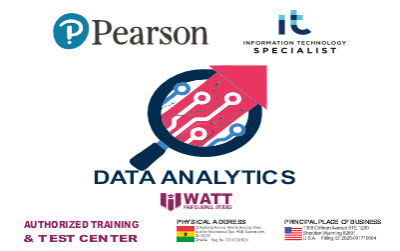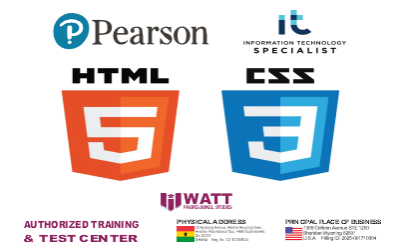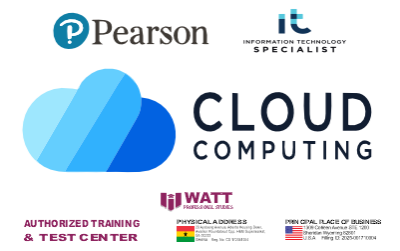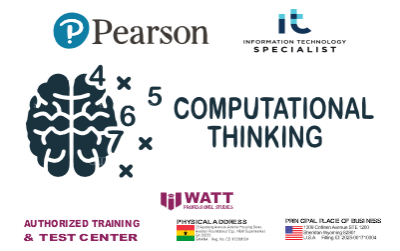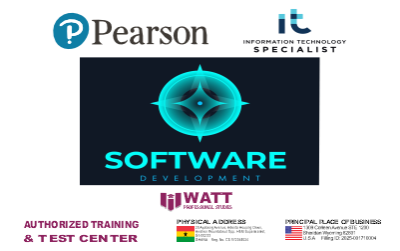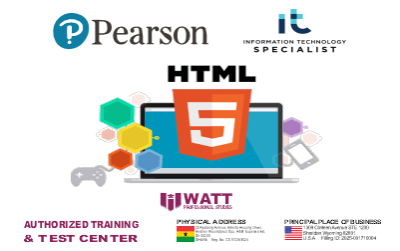JAVA ITS PEARSON CERTIFICATION
The Java course will teach learners software programming basics using Java. As of the year 2022, Java is the second most popular programming language, and it is commonly used for developing web, desktop, and mobile applications. No coding experience is needed to take this course. Learners will learn to solve complicated problems by using the programming skills and tools taught. After completing this course, learners will be prepared for designing, coding, and debugging Java computer programs.
English
Last updated
Tue, 02-Dec-2025

